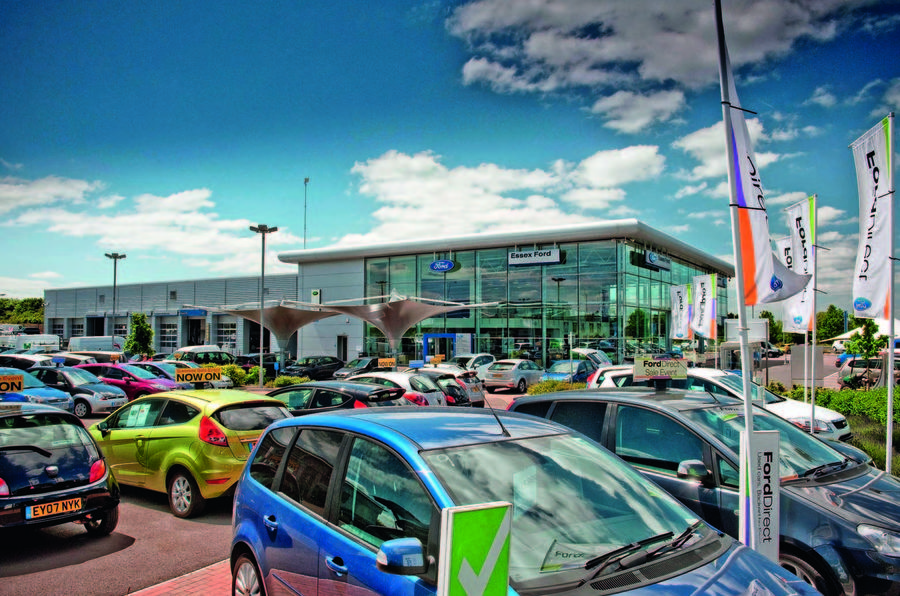A lack of clarity caused by the government, regulators and the car industry itself on key issues ranging from diesel to future car technology is holding potential new-car buyers back from making purchases, new research shown exclusively to Autocar suggests.
New car sales were down 5.5% year on year in the first half of this year. An HPS Group survey of 1000 potential new-car buyers backs up assertions from the Society of Motor Manufacturers and Traders (SMMT) that buyers are simply holding off a purchase, rather than cancelling it altogether, as a result of ongoing market uncertainty.
The research suggests that 90% of would-be car buyers will replace their current car as expected and that as many are likely to bring forward a decision as hold off at present. This contradicts the common belief that car sales are caught in a long-term slump.
The biggest reason for delaying a car purchase was the lack of clarity from government on diesel and future fuel policy, cited by 59% of those expressing concerns. “Almost half of those expressing a concern are worried that diesels could be banned, 42% have worries about the resale value of their car if they buy diesel and 33% are caught in a vortex because they don’t know what to buy instead of a diesel – these are huge numbers, and it’s clear what a bit of clarity could do to tip buyers into making a purchase,” said Damien Field, head of HPS MM-Eye. “The desire for clarity on this issue could not be more evident.”
Sales of used diesels rise despite overall decline in second-hand car market
Other factors holding people back from purchase decisions included fears over Brexit and the economy (affecting 44% of respondents). However, factors the car industry could influence included the idea that car buying isn’t enjoyable (29%), is too complex (23%) and offers too many finance options (23%). “Overall, around 16% of respondents admit to being overwhelmed,” said Field. “There is opportunity for the car industry within that.”
Respondents rated the appeal of potential solutions to their concerns, scoring home test drives highest (59%), followed by better after-sales support (50%), trade-in guarantees if tech becomes obsolete (48%), better advice on future tech and cars (47%), the choice of flexible car ownership (39%), better finance advice (38%), the option to buy online (35%) and independent legislation advice (33%).
“What consumers are crying out for is clarity,” said Field. “We know car buying is complex, but some of it is needlessly so. The knock-on effect of uncertainty around diesel goes on and on, for instance: it’s not just that people don’t know whether to buy one, but they don’t know which of the alternatives to consider, or the tax and legislative impacts of those decisions.
“That extends to more traditional problem areas for the industry: PCPs [personal contract purchases] are in the spotlight, and may not be the automatic go-to solution for buyers in the future, especially as interest rates rise. But who will explain the options with clarity and stop uncertainty creating inertia around purchase? The car industry can do a lot to help itself if it faces up to these issues.”





Join the debate
Add your comment
Dealers don't try very hard
I'd shortlisted a couple of cars I was interested in buying, one a VW the other a BMW back in February. the BMW was my prefered choice at the time. Trying to actually get a test drive in a BMW (the precise model) has been impossible, and dealers we have left our details with have failed to follow up on our interest. I'm not going to order a £30k car without trying it out. By contrast VW dealers have been able to provide a test drive in spec I will be ordering, so today I have ordered the VW.
There is no central database to find demonstrators at franchise dealers, the customer has to waste time and effort ringing each dealer. If you can put your used cars on website, you can put the demo cars, its hardly rocket science.
Korean again?
How about Hyundai? An i30 Tourer should be available and would fit the bill?
Korean again?
How about Hyundai? An i30 Tourer should be available and would fit the bill?
Beermann wrote:
They would do, but not many models available for the budget and a lot of cars still awaiting or in shipping.